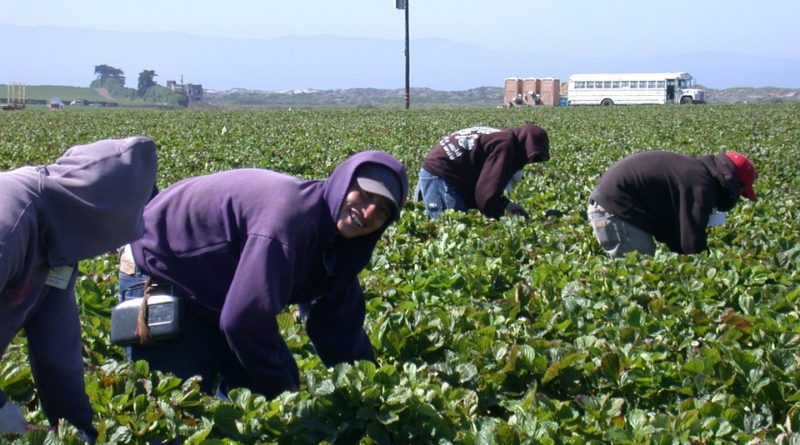The Ongoing Human Trafficking and Farm Labor Crisis
By COHA Research Associate Laura Iesue
Human trafficking is a serious violation of human rights, which endangers individuals in every country in the world. According to the United Nations, human trafficking is best defined as the recruitment, harboring, transportation, and transferring of individuals through threat, force, coercion, kidnapping, or other means against a person’s will. As a result of trafficking, individuals are subject to exploitation through industries such as prostitution, slavery, and forced labor. While stories about human trafficking often focus on sex trafficking, and have resulted in large legal protections for victims, trafficking extends far beyond the sex trade. One area often overlooked in the public media is the use of human trafficking to supplement a scarce labor force in agriculture – a problem that entangles the United States with Mexico and Central America. A primary means of smuggling has been linked, but not limited to, the hiring of such immigrants through contractual agreements. These issues of exploitation and trafficking indicate that the current immigrant and labor laws of the United States help to create and sustain human trafficking networks that extend into Mexico and Central America.
This analysis is part of COHA’s Publication The Washington Report on the Hemisphere (WRH) – Issue 13, Vol. 36. To access the full version, click here.
The WRH is widely considered to be one of the most respected and reliable publications of its kind. Subscribing to the WRH supports COHA’s mission to promote the expansion of human rights in Latin America, as well as to encourage beneficial U.S. foreign policy towards the region.


